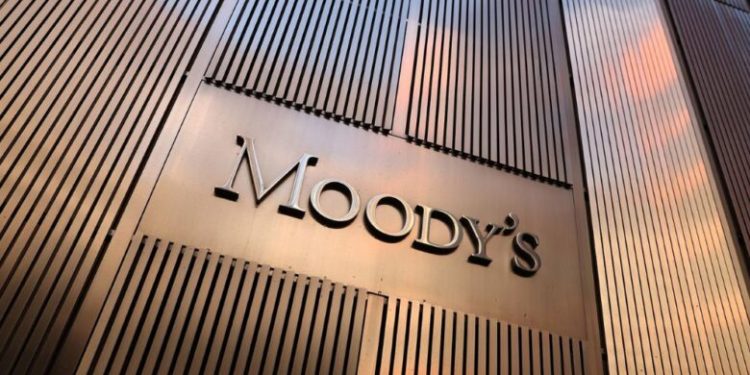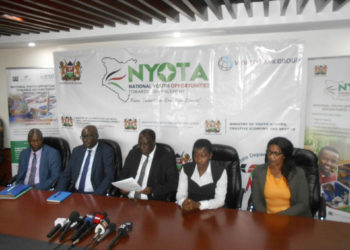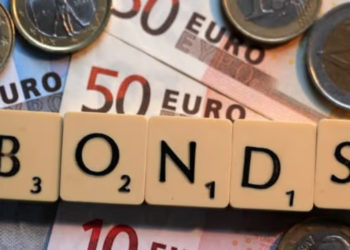Moody’s recent assertion that Kenya’s intention to buy back its Eurobond debt amounts to default has been strongly refuted by the African Credit Rating Research & Advisory (ACRRA), an African Union (AU) entity. The African Peer Review Mechanism (APRM), representing the African Union, criticized Moody’s remarks for overlooking the “voluntary” aspect of the bond buyback initiative, wherein investors retain the choice not to participate.
Moody’s declaration on a default by the Kenyan government on the 2nd of August 2023 has subsequently triggered a sell-off of Kenya’s Eurobonds, resulting in elevated yields and a subsequent decline in the country’s domestic currency. These developments erode investor confidence, potentially imperil the success of the government’s buyback plans, and consequently pose a challenge to fiscal objectives.
Through APRM, Moody’s commentary has been characterised as speculative and likened to a premature credit rating release. It admonishes Moody’s for offering unanticipated negative assessments without foundation in any substantive research reports or associated rating actions. The APRM is advocating for the Africa Network of National Regulators of Rating Agencies (ANNRRA) to establish regulatory measures that ensure responsible conduct within the credit rating industry.
Read more: Excessive Reliance on Foreign Aid Undermines the African Union
This dispute between Moody’s and the AU institution arises in the wake of Kenyan President Dr William Ruto’s disclosure in June of the government’s intention to repurchase half of the USD 2.0 billion 2024 Eurobond debt before the close of 2023.
In addition to Moody’s downbeat forecast, Kenya has also faced downgrades from Fitch and S&P Global Ratings. Fitch Ratings, in July, adjusted the Outlook on Kenya’s Long-Term Foreign-Currency Issuer Default Rating (IDR) from Stable to Negative while maintaining the IDR at ‘B’. This shift reflects heightened external financing constraints, escalating funding needs, and uncertainties around fiscal trajectory due to factors such as proposed tax hikes amidst social unrest.
Fitch’s evaluation balances Kenya’s elevated government debt and external indebtedness against its limited revenue base. This assessment acknowledges the government’s dedication to fiscal consolidation in line with the International Monetary Fund (IMF) program and positive medium-term growth prospects. Despite reduced political risks following the 2022 general election, the administration faces increased social pressures, including sporadic protests and legal challenges linked to alleged election manipulation and government tax increases leading to the rising cost of living among Kenyans and businesses operating within the country.
Email your news TIPS to editor@thesharpdaily.com


















